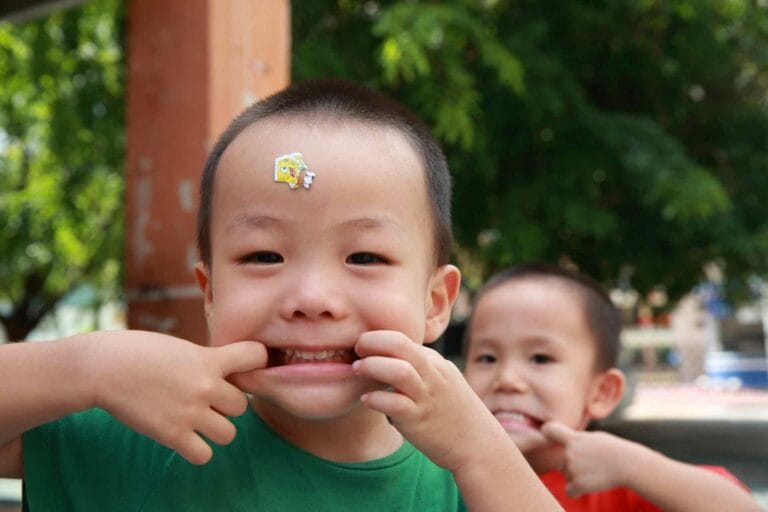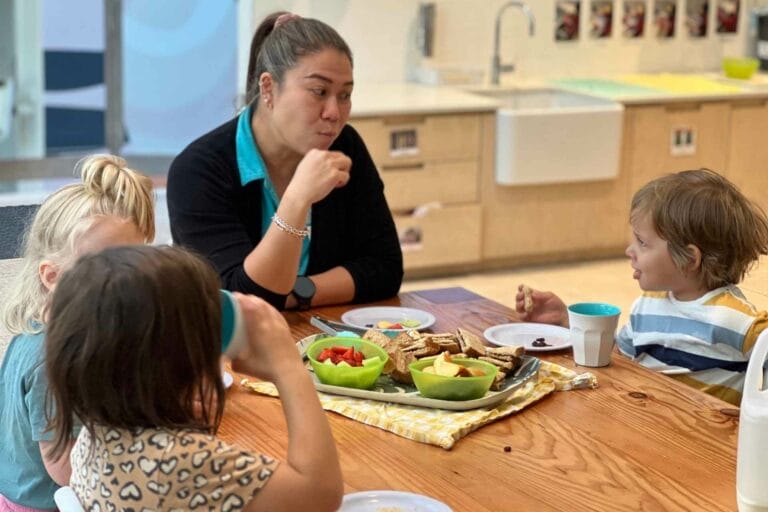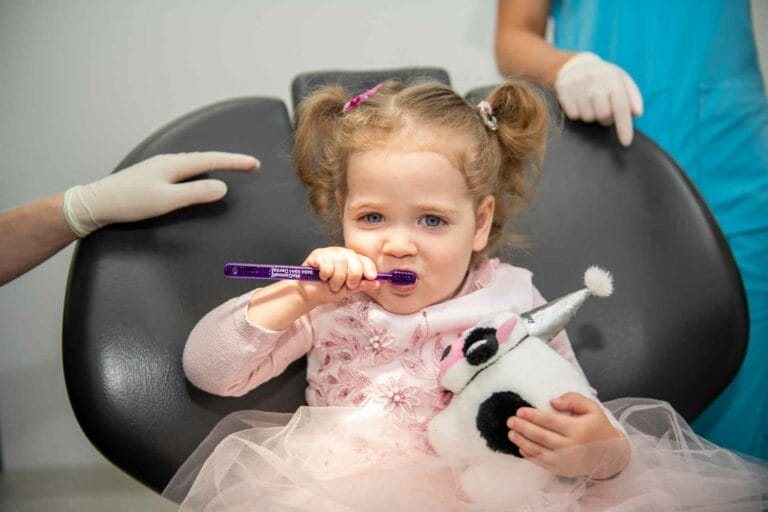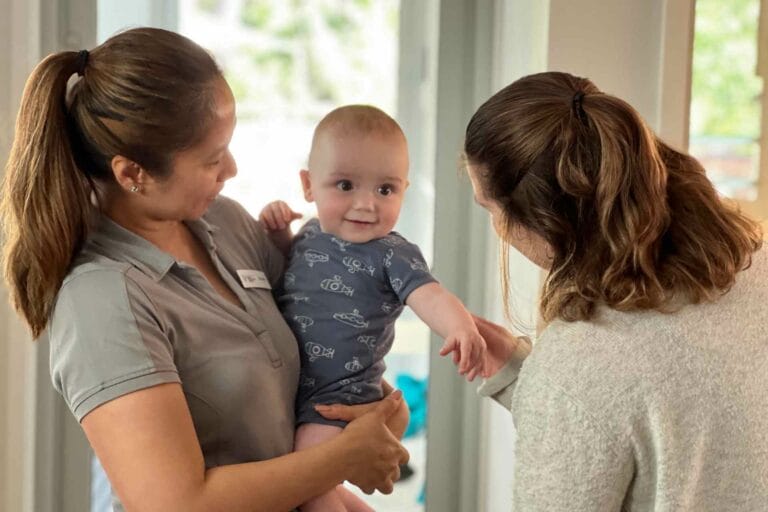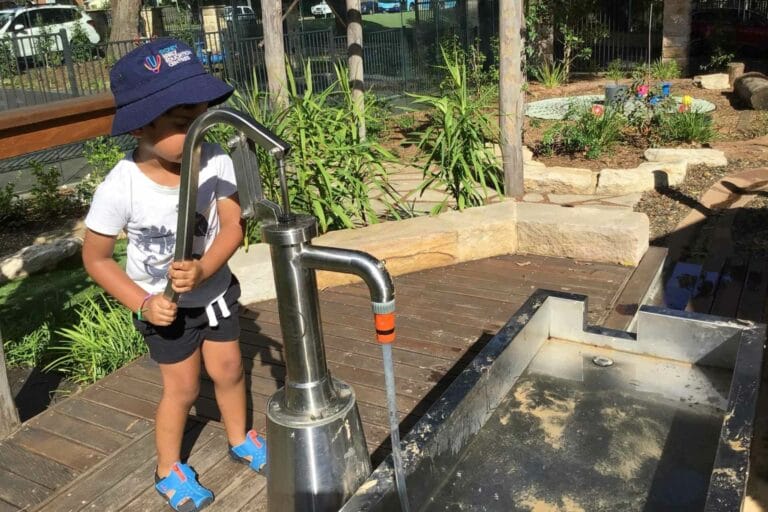Transition to school readiness
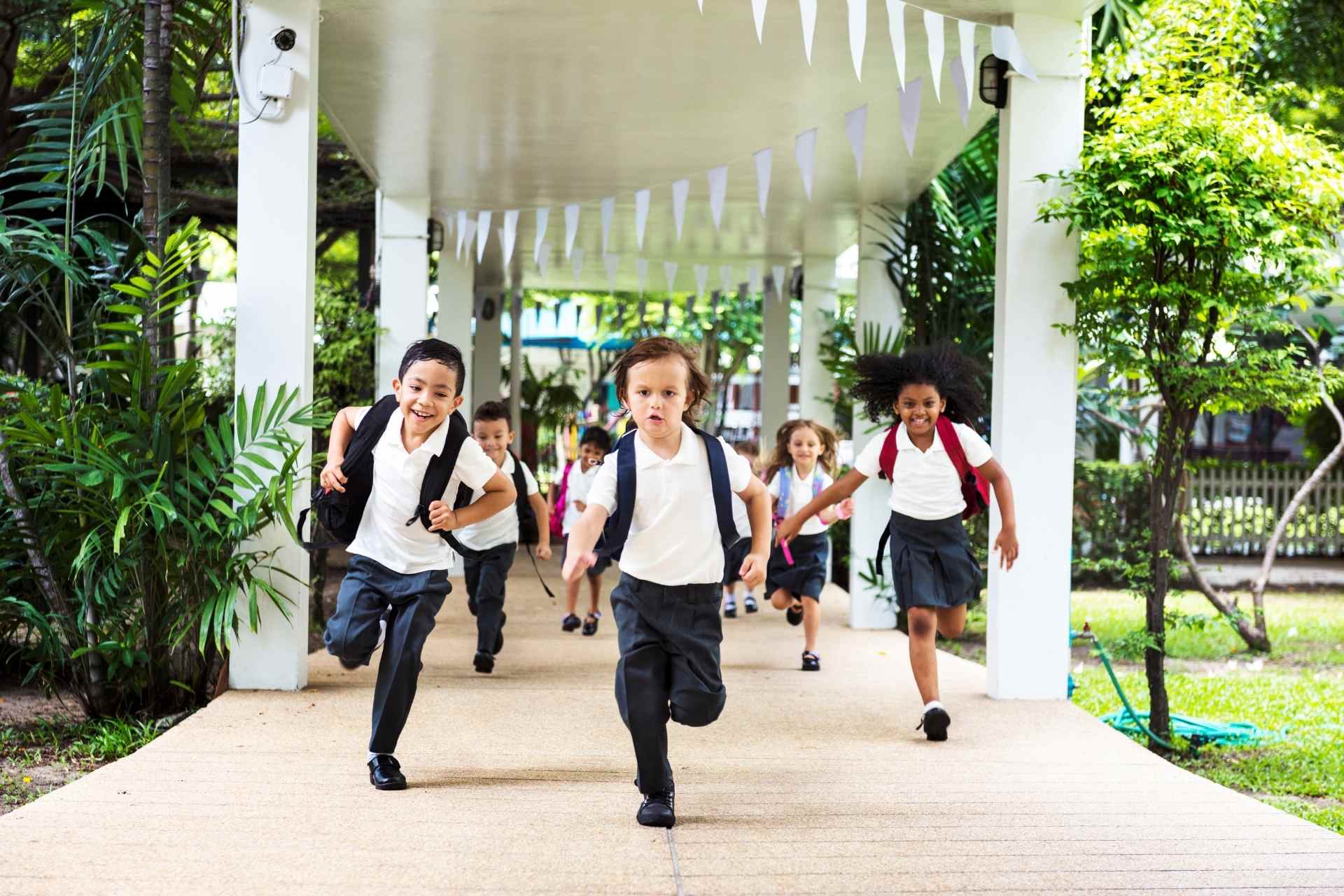
Knowing if your child is ready to transition to school can be a challenging question for all parents, particularly if your child is born between March and July. Parents of children born in these months often wonder whether it is better to send their child to school at four and a half or wait another year.
What you might need to consider
There are many factors worth considering when looking at the readiness of your child to commence school. Most of these factors are social and emotional, with academics running a significant third. In the 20 years I have worked in education, with 10 of those years teaching Kindergarten, I have observed many common factors that support the successful transition of children into formal education. These factors are:

Capacity to maintain attention to an activity for more than ten minutes
Questions to ask yourself are:
- Does my child listen to a story all the way through?
- Does my child persist in finishing a puzzle?
- Does my child complete a game they are playing with a peer?
- Can my child sit at a table and complete a task?
Capacity to ask for assistance from other adults
Questions to ask yourself are:
- Does my child access adults when they can’t complete a task?
- Does my child use their voice effectively to communicate their needs?
Capacity to communicate their needs clearly
Questions to ask yourself are:
- Is my child able to tell an adult when they are tired or unwell?
- Is my child able to tell an adult when they need to use the bathroom?
- Is my child able to tell an adult when they are hungry or thirsty?
- Is my child able to tell an adult that they don’t understand an instruction?
Capacity to manage themselves in the bathroom
Questions to ask yourself are:
- Is my child able to remove their own pants?
- Is my child able to pull up their own pants?
- Can my child manage themselves on the toilet without assistance?
- Can my child wash and dry their hands independently?
Capacity to take turns and wait appropriately
Questions to ask yourself are:
- Has my child had experiences where they have been asked to wait?
- Has my child had experiences where they have been expected to share toys or games?
- Has my child shown the ability to wait for another child to have a turn?
- Does my child have a meltdown or tantrum when they do not get their way?
Capacity to follow directions
Questions to ask yourself are:
- Can my child follow a two-step instruction?
- Does my child need instructions repeated?
- Does my child complete instructions?
Capacity for daily tasks
Such as:
- Can my child unpack their bag
- Can my child put their own shoes and jackets on?
How to prepare academically
When considering the “academics” of school readiness, some of the key skills to focus on are the building of phonological awareness and number value.
Phonological awareness is the building of your child’s understanding that the words we speak use sounds and are based on patterns. Some easy activities to support this area are the singing of traditional nursery rhymes and songs (the rhyme is the key), playing games like “I spy” using the sounds of the letters rather than the names, and breaking words into their syllables. Strengthening your child’s understanding of the relationship between words and the sounds they make is a very effective way to support early reading.
Teaching your child about the value of numbers is as important as teaching them to count and recognise numbers by sight. Without understanding value, knowing number names is meaningless. Number value can be taught by using simple objects found at home, such as blocks, and placing them in front of you and your child. Count them out one at a time, touching each one as you count. Start with up to five blocks then extend up to ten. Give yourself 4 or 5 blocks and your child 7 and discuss concepts such as “who has more?” or “who has less?”. This will assist your child in developing number-to-object correspondence, a key skill for all numeracy.
The transition to school is different for every child and we hope that these tips help you to feel more aware of things to look for when helping your child through this journey. If you’d like to explore our amazing purpose-built early education centres, you can book a tour or send us a message.

Written By
Written by Netta Collins, Westmead Christian Grammar School
